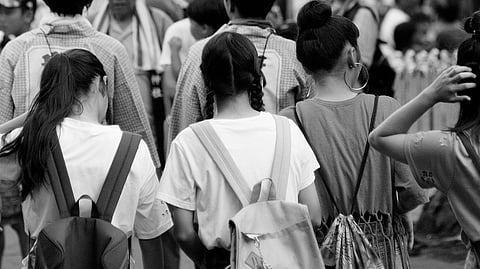Influence on the Kota Coaching Center and beyond:
This new regulation may drastically affect Kota, which is India's largest coaching center for medical and engineering entrance examinations like JEE (Joint Entrance Examination) and NEET (National Eligibility cum Entrance Test). While there is no official count of dummy schools operating in Kota, it has been reported that a significant proportion of the 150,000 students enrolled in coaching institutes are registered in dummy schools.
In November 2024, CBSE identified and de-registered at least three dummy schools in Kota. In addition, during a round of inspections in September, CBSE de-affiliated 21 schools in Rajasthan and Delhi based on having a high count of non-attenders in grades 9 - 12. Six schools in Delhi also had their affiliations downgraded.
Legal and Judicial Scrutiny:
The Delhi High Court has taken a strong stance against dummy schools, labeling them as fraudulent. On 27 January 2025, a bench led by Chief Justice D.K. Upadhyaya and Justice Tushar Rao Gedela directed CBSE and the Delhi government to take decisive action against such institutions. The court criticized the practice of students enrolling in coaching centers while officially being registered in schools that they do not attend.
CBSE's counsel told the court that more than 300 dummy schools in the nation have already been addressed. The board also emphasized the need for traditional schooling for all-round development, as envisaged by the National Education Policy (NEP) 2020.
The Future of Students Impacted by the Policy Change:
With CBSE cracking down on its rules, students who depended on dummy schools may have to resort to alternatives such as the National Institute of Open Schooling (NIOS). The step taken by the board indicates that it is keen on giving students a well-rounded education rather than preparing them to sit for competitive exams.
The Delhi government has downplayed the issue, saying that there is no official definition of "dummy schools." But the court has directed CBSE and state governments to give a detailed report on what they are doing to check fake admissions and provide a proper educational experience to the students.
(Input from various sources)
(Rehash/Sai Sindhuja K/MSM)


